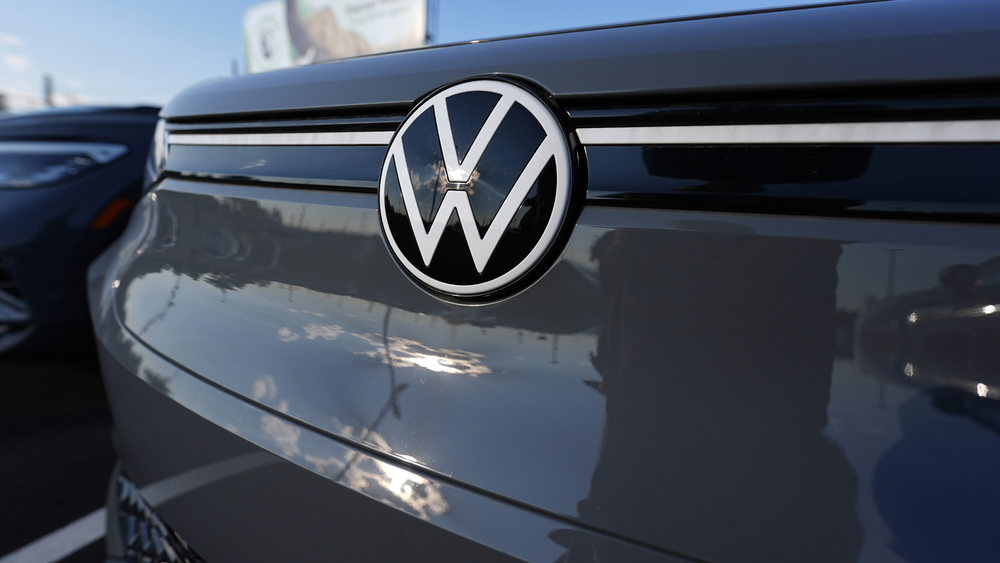Volkswagen’s management confronted workers on Wednesday, urging shared responsibility to address the company’s ongoing crisis. The German automotive giant is facing difficulties and has hinted at potential plant closures in Germany, a measure that was previously dismissed.
Workers protested at a town hall meeting, expressing their dissatisfaction with management, and holding banners that criticized leadership for past mistakes. Volkswagen CEO Oliver Blume acknowledged the emotional toll of the current situation and emphasized the significant changes in the automotive industry, stressing the need for collective action to restore profitability.
Volkswagen CFO Arno Antlitz highlighted the financial challenges facing the company, noting that it has been spending more than it earns. He pointed to a decline in annual vehicle sales in Europe, with about 2 million fewer cars being sold each year compared to pre-pandemic levels.

With Volkswagen controlling about 25% of the European market, this translates to a loss of around 500,000 vehicles annually, equivalent to the output of two of its plants. Antlitz urged the company to focus on improving cost efficiency and productivity, particularly at its German sites, warning that the next one to two years would be critical for the company’s turnaround.
The Works Council and IG Metall, the union representing workers, expressed strong opposition to management’s potential plans, particularly the threat of plant closures and job cuts. Daniela Cavallo, a prominent member of the General Works Council, criticized the management’s approach, calling it a “declaration of bankruptcy” and warning that the entire business model could be at risk if such drastic measures were taken.
Cavallo urged Volkswagen to develop a plan that avoids factory closures in Germany, reflecting the deep divisions between leadership and the workforce.
The tension at Volkswagen comes amid broader economic difficulties for the company, as it grapples with increased competition and the industry’s transition to electric vehicles. Volkswagen’s stock has fallen by over a third in the last five years, and its market environment remains challenging.
The company is under pressure to navigate the shift to electric cars while maintaining its position in the European market, all while facing rising frustration from employees over potential job losses and restructuring plans.
Volkswagen’s CEO, Oliver Blume, is seen as a more pragmatic leader compared to his predecessor, with industry experts suggesting he may be able to ease the resistance from workers and unions. However, the challenge remains significant as both sides understand the need for adaptation, though the process for reaching an agreement is uncertain.
The broader economic context, including negative business sentiment in Germany’s automotive industry, adds further strain on Volkswagen’s efforts to stabilize and return to profitability. German Chancellor Olaf Scholz has also taken an interest in the situation, closely monitoring developments between management and the workforce.
